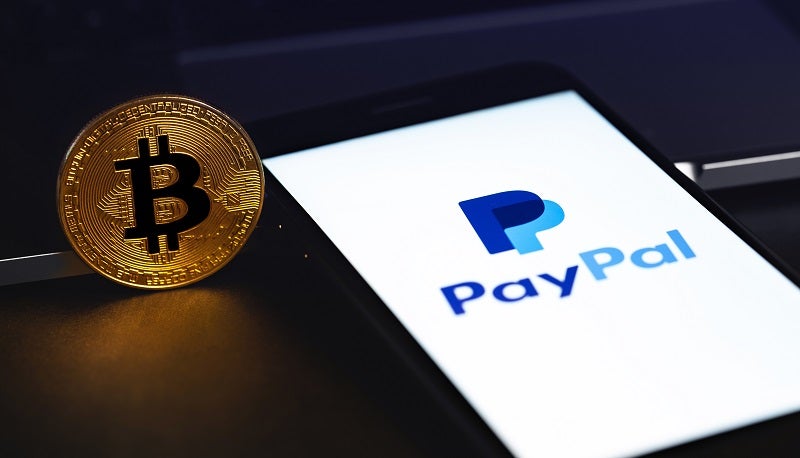PayPal’s decision to introduce cryptocurrency payments on its platform will expose it to volatility risk, and its no-fee model can’t be sustainable for long. PayPal hopes to capture crypto users by making it easy for them to trade crypto on the platform and by enabling purchases using cryptocurrencies.
Since its inception, the cryptocurrency sector has mainly been used as a speculative asset – it was never adopted as the alternative method of payments it was initially intended to become. However, the pandemic caused an unexpected 400% surge in Bitcoin’s price, and companies like PayPal are looking for opportunities to capitalise on the crypto boom.
By integrating cryptocurrency services into its platform, PayPal may help it to become mainstream and democratise its use as a means of payment. According to PayPal CEO Dan Schulman, solutions like Checkout with Crypto that make it possible to use cryptocurrencies to make purchases will lead to the mainstream acceptance of cryptocurrencies.
Last year, PayPal introduced a new service that allows its customers to buy, hold, and sell cryptocurrency. This move into the crypto market was an opportunity to satisfy the growing demand from customers for crypto-based transactions.
Checkout with Crypto
PayPal is now expanding its services in cryptocurrency by offering its American customers the new Checkout with Crypto feature. This will allow PayPal’s customers to make online crypto-based purchases without having to convert to fiat currencies before making the purchase.
PayPal will directly manage crypto-fiat conversions and pay businesses directly in fiat currency. By not charging transaction fees when customers use cryptocurrencies to make a purchase, PayPal expects to see a growing number of these transactions as a means of payment, and by extension it expects its customers to use its platform to buy and sell cryptocurrency, as it makes money on each trading transaction.
PayPal may be the ideal partner to drive this adoption as it can take advantage of its large network of customers and businesses. For the latter, it represents an additional payments option at no cost as there are no transactions fees, and they get paid directly in fiat currency. For customers who are considering diving into cryptocurrencies but don’t trust crypto exchanges, PayPal is a trusted platform that they may feel more comfortable using than one such as Coinbase.
By integrating cryptocurrency transactions into its system, PayPal exposes itself to some risks that need to be mitigated. One of the main risks is the high volatility of cryptocurrencies. For this service to benefit PayPal, it would need cryptocurrencies to continue growing in value, which is not likely in the long term, as the value of crypto will eventually decline.
Another issue with this service is that if many customers conduct these transactions, PayPal may have to consider charging fees to make it profitable and limit its risk exposure to cryptocurrencies.
PayPal is looking to capitalise on the growing cryptocurrencies sector by adding new solutions to its platform that should incentivize customers to make online cryptocurrency payments. By integrating crypto payments into this platform, PayPal is exposing itself to a high-volatility risk that could turn into a major loss if the adoption of such purchases eventually happens.









